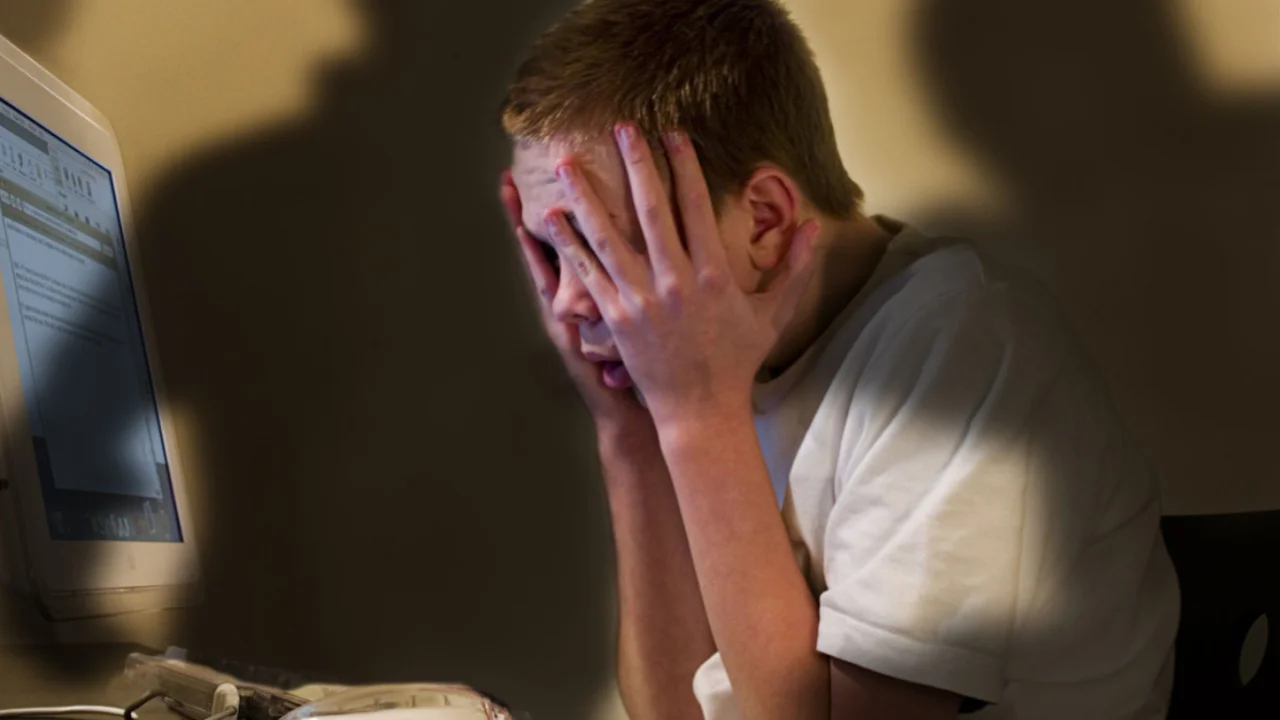A new alarming trend is being discussed on social networks

It seems that parenting has officially entered the digital age. According to Peopletalk, more and more parents are shifting responsibility to ChatGPT. Artificial intelligence advises how to react to children's hysterics, what to do with fever, when to give them complementary food, and even tells children fairy tales before bed or entertains them with communication when parents are busy.
It sounds very comfortable, but the specialists are worried. The study shows that many parents trust neural networks more than real doctors, and this can be dangerous. ChatGPT sometimes provides incorrect or fabricated answers, and is also prone to joining wrong beliefs.
Doctors warn: such an approach to upbringing can lead to unpredictable consequences. "It's a powerful tool, but it can't replace critical thinking," says Michael Glaser, CEO of Bluebird Kids Health. He recommends using artificial intelligence as a starting point and consulting specialists in any case.
A special risk zone is confidentiality. Experts remind that the child's personal and medical information should not be entered into the chatbot, as this information may fall into unauthorized hands.
The general conclusion of the specialists is simple: it can be used, but with caution. Artificial intelligence can be helpful, but it cannot replace a nanny or a family psychologist.
Read “Zamin” on Telegram!














